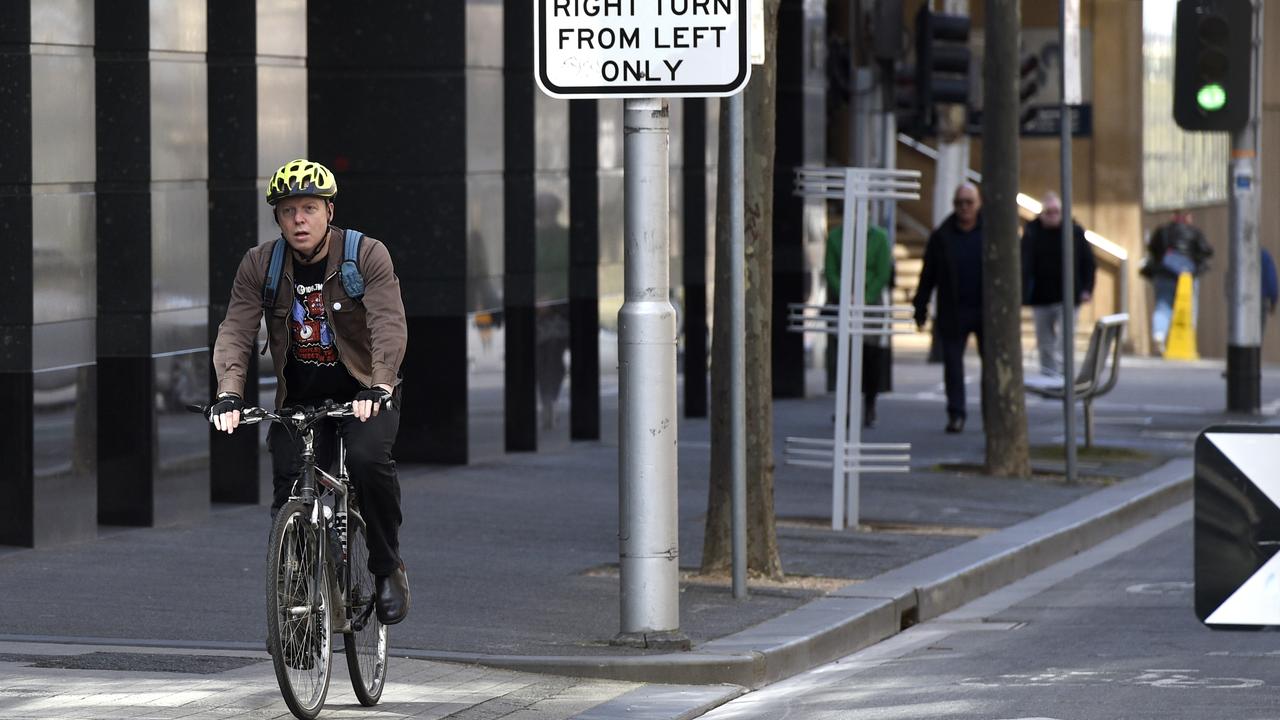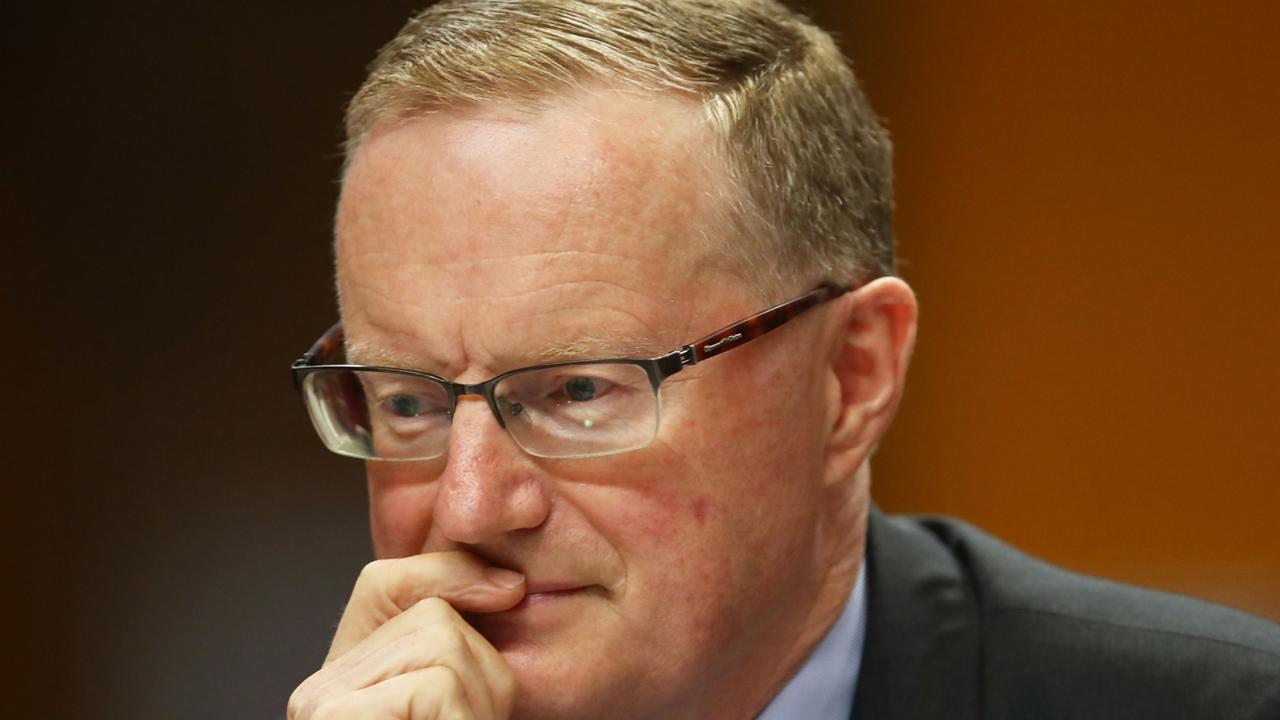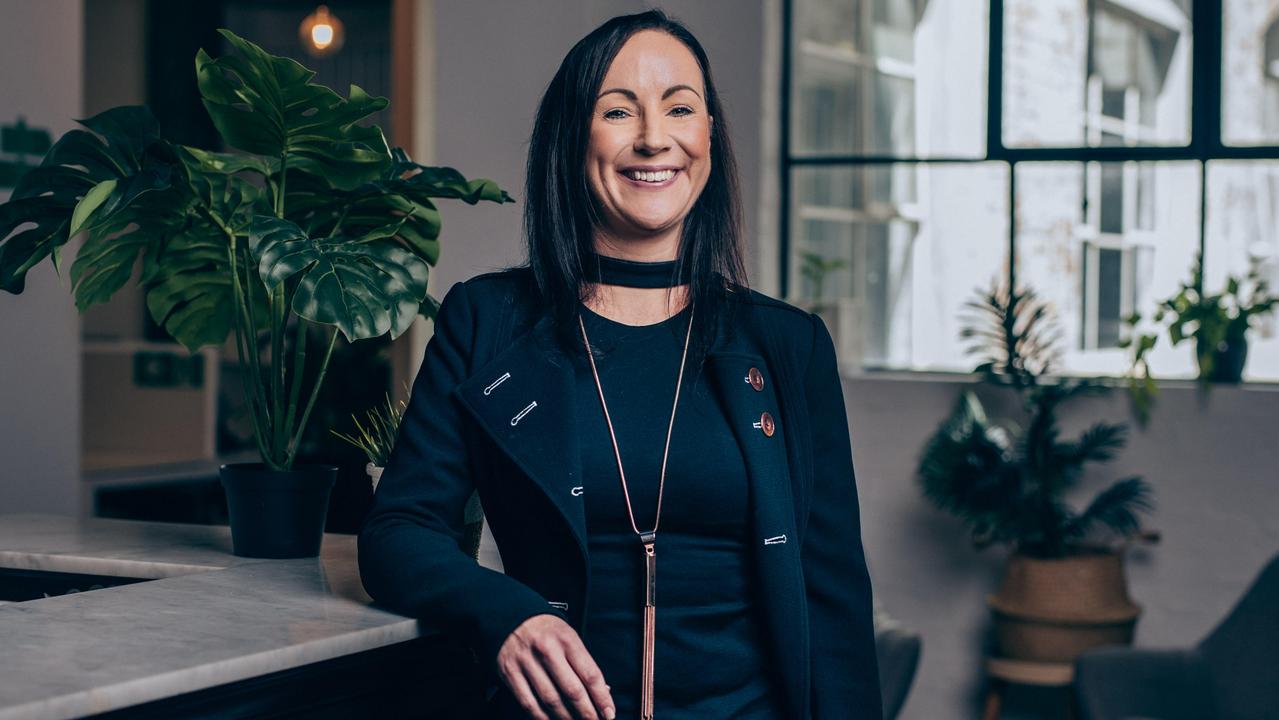Melbourne family fear they will have to sell home with soaring mortgage repayments
A Melbourne family that have seen their mortgage repayments jump by $1200 a month have no more cash and worry about what could happen next.
A young Melbourne family, with a combined salary of $180,000, are worried about being able to meet their skyrocketing mortgage repayments as other essential costs have also soared and they have already cut all discretionary spending.
Cameron*, who is in his early 30s, said he had seen his mortgage repayments jump by $1200 a month in recent times.
Add to that his council rates have also gone up “quite aggressively” – by about 30 per cent – while they are also forking out more for childcare for their 18-month-old son as well as health insurance.
The tech worker said his wife had initially planned to take two years off from work to raise their son but was forced to return to work after just six months as they were slammed by the rising cost of living.

With the Reserve Bank of Australia (RBA) pushing through its ninth consecutive interest rise this month taking the cash rate up to a 10 year high of 3.35 per cent, Cameron said they are facing paying even more for their two bedroom townhouse.
“It will be closer to $1300 a month for the mortgage with the last rate rise. We have changed mortgage providers a few times to get lower payments but it only slows the rate,” he told news.com.au.
“We are currently paying just shy of $3000 a month and we’ve gone from $800 a month for interest to $1600 a month. Our rate will tip over into 5 per cent now.
“I don’t have spare cash to pay more.”
Cameron said he felt pretty lucky when they were able to even buy a house and were comfortably making repayments when interest rates were at a record low, but they dropped to one income and things became difficult as they were hit with multiple hikes.
“I think we are going to hit a point where we will have to change something to make it work but don’t know what that would be,” he explained.
“We live frugally. We don’t eat out, we don’t get takeaway, we ride bikes around so we don’t pay for public transport. I think my wife is a bit sad that she hasn’t been able to spend the time with our son that she had planned.”

He added that all their streaming services had been cancelled, while he had also quit alcohol as part of their savings plan.
Cameron said he earns a good salary of $150,000 working in tech but this is balanced out by his wife who makes just $30,000 in the charity sector.
He doesn’t see a pay rise coming to help them deal with the skyrocketing cost of living.
“I know the company’s goals, I know how much money they have in the bank spare, I know what they think the role is worth and they wouldn’t give me a pay rise just because the world has changed,” he added.
“I've been looking at taking up a little extra work on the side to help things out but it’s hard to find spare time with a child.”
Cameron said another impact is the couple have had to put on hold plans to have a second child.
“That was an uncomfortable conversation that my wife and I had to have – that we can’t afford a second child right now with the cost of daycare and health insurance and other things,” he said.

He is most concerned that there currently appears to be no end to rising interest rates.
“The thing I’m worried about is how much longer this goes on for. I don’t think the RBA is hitting their own targets with impacting the economy so if they are trying to do something and fail do it now, then when is this going to end?” he said.
“It’s at a point in next six to 12 months where things stop working and I start looking at do we sell the house? But I hear the rental market is horrible. A lot of my friends rent and it doesn’t seem like a good place at the moment.”
The dad said if his family is “struggling” he is worried about friends and other Australians who are facing paying exorbitant rents or who only bought a house in the past year and how they will be able to survive.
He is one of 57 per cent of Australian workers who believe that wages are not keeping up with the cost of living pressures, a new survey revealed.

It also showed that while inflation has surged to a 30 year high over the past 12 months, 54 per cent of respondents did not receive a pay rise, according to people management platform Employment Hero.
Workers aged 25-34 were also more likely to have received a cash bonus, while 67 per cent of workers aged 55 plus said their salaries had stayed the same.
Employment Hero’s chief people officer Alex Hattingh said with economic uncertainty looming and a volatile job market, the needs of jobs seekers and staff are changing.
“The report continues to prove that cash is king, revealing that employees would move for a pay rise, and they would also stay for one. Forty eight per cent of employees would consider staying in their current role should they receive a pay rise, and 51 per cent would consider leaving their current role should they be offered a competitive offer,” she said.
“Paying a competitive salary is important, and compensation is a key strategy for successful employee retention, as it’s the most likely way to yield results – so keep that in mind, especially when it comes to motivating and instilling loyalty among your top performers.”

Workers also expressed resentment about their current role and work environment and were looking for new jobs despite fears of a recession.
The survey showed 35 per cent cited a dislike for their job, 33 per cent thought there was a poor company culture and 32 per cent disliked their boss.
It also revealed that the higher in the company you are, the more likely you are to dislike your boss, with 60 per cent of managers and senior executives seeking a job indicating this as a reason for doing so.
*Name changed for privacy reasons






